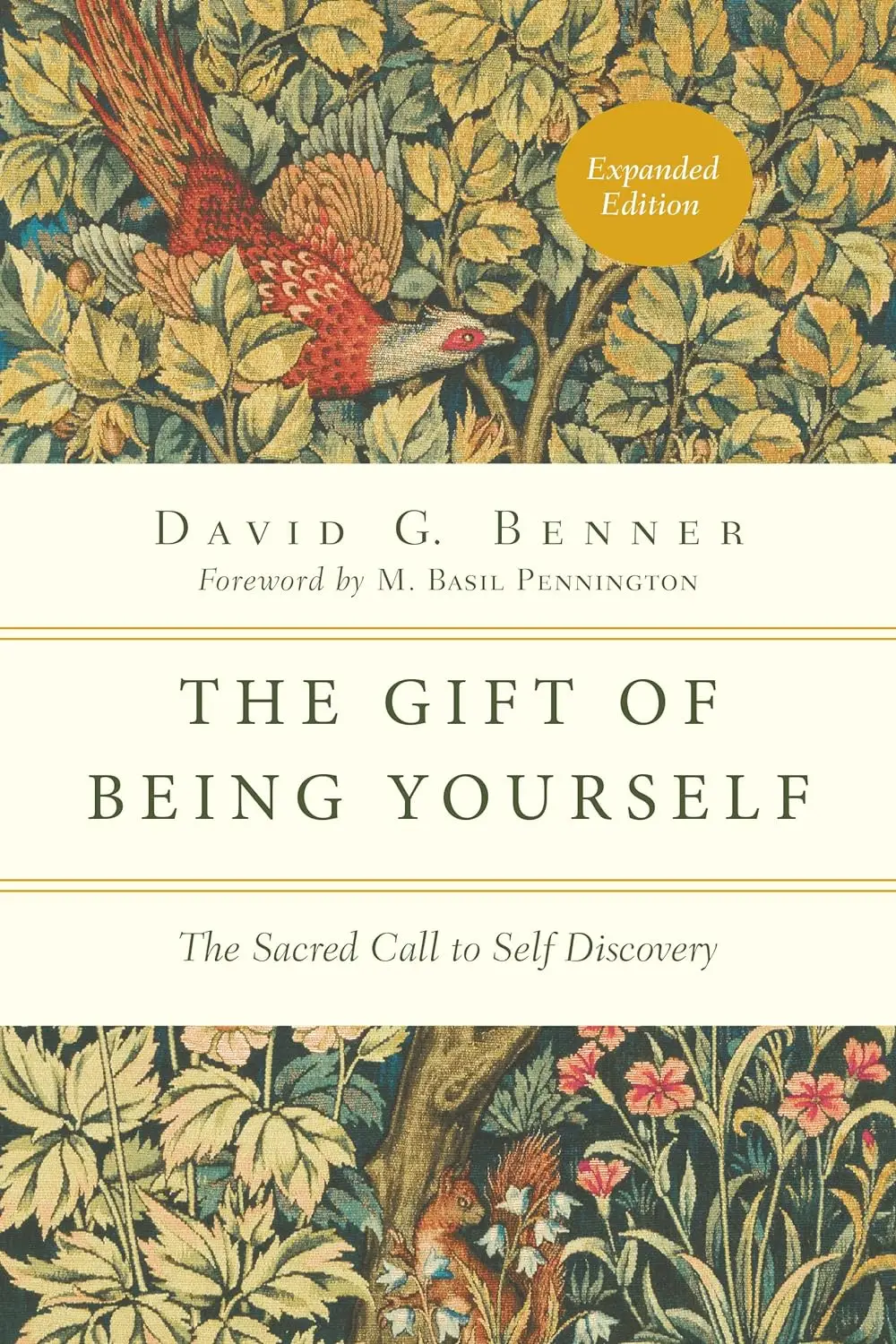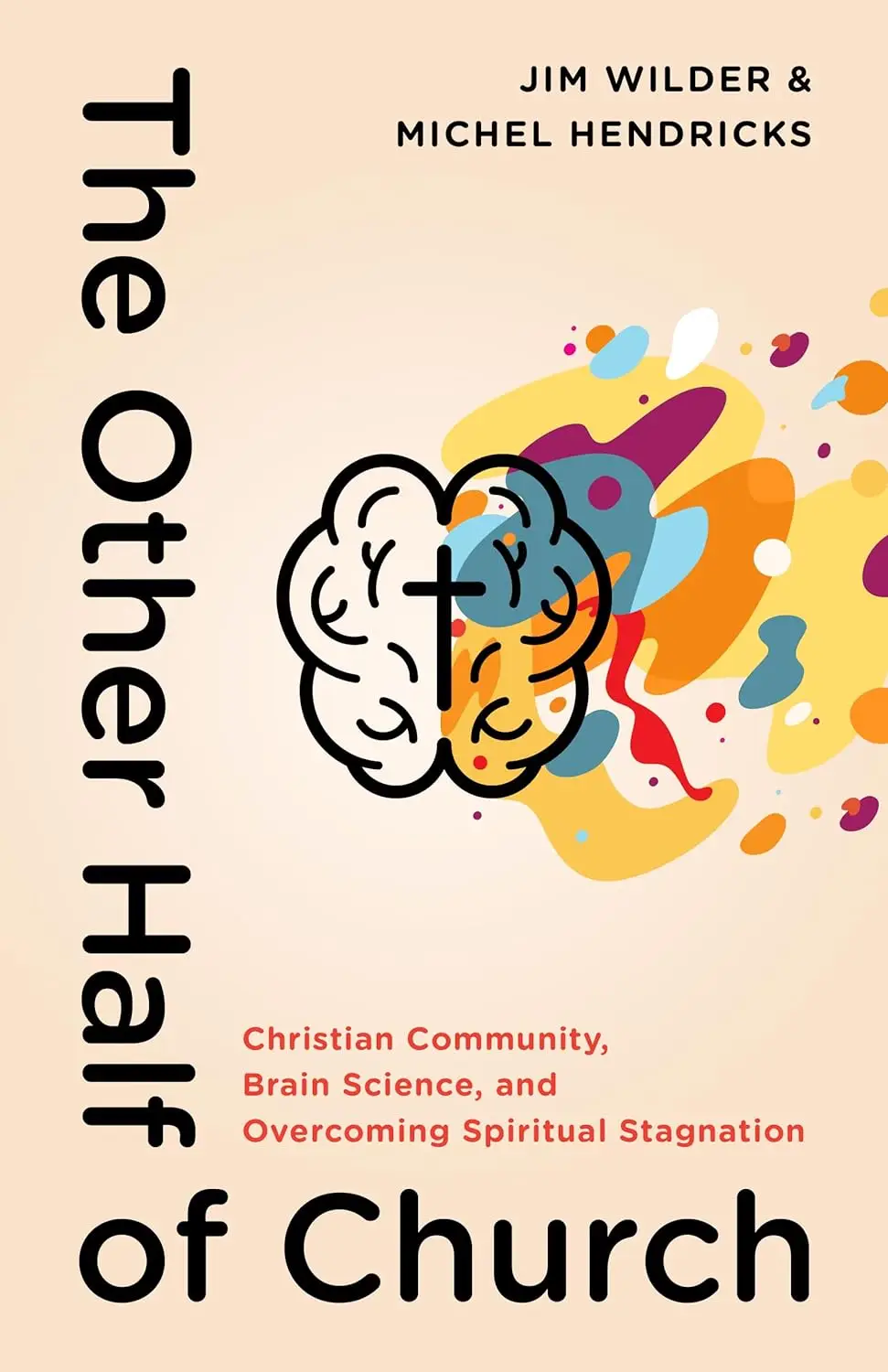1. Something or someone that is considered a benefit to all of mankind.
On the surface, it may be difficult to see which characteristics of a woman-to-woman care ministry might be detrimental to providing good care. Church leaders who cultivate such a ministry might be saying all the “right” things, reading the “right” books, and developing the “right” policies. However, when it comes to actual ministry practice, a female caregiver may sense something feels off. For instance, after walking alongside an informant who reported domestic abuse, a helper told me her leader’s response felt like, “all show, no substance.” Other women told me they had initially been excited about having a structured caregiving ministry but later said, “I have a place at the table, but no one is listening.” Or they’d say they felt like cheerleaders for the elders and pastors, and they’d want to know how that could be helpful for the woman to whom they provided care. At times, female caregivers would tell me that their leaders used them to deliver the hard messages to a woman, to soften the blow so to speak (whether or not they agreed with that message). They said, instead of providing comfort to their sisters in distress, they felt manipulated and weaponized.
The day I saw the writing on the wall for how things would play out for me I was in my community pastor’s office. I had set up a meeting with him to discuss one of my cases, however I was cautious in revealing too much information. The victim of domestic abuse who I’d been helping had approached me gingerly, self-conscious to share the reality in her home. There was no way I was going to divulge the precious few details she reluctantly revealed. I knew that would devastate her. So, I instead hinted to my pastor that I had enough information to raise a red flag.
That’s when the conversation went downhill.
My community pastor said that, in situations such as these, he needed to know everything and he would need to hear it from the woman. I responded with something I actually wrote in the HH book. Revealing this particular type of information creates an intimate atmosphere, one that a victim may not want to have with a pastor. For me it made perfect sense that having an intermediary sift through what to share would help protect not only the emotions and triggers for the woman, but also protect the mind of a man from visualizing delicate details. But apparently, that made no sense to my pastor. He told me he would be unwilling to take my word regarding the severity and, by my not divulging details, it put him in a difficult position.
Men, Men, Men, Men, Manly Men, Men.
What in the world is behind this type of men and women caregiving “collaboration?” I’d suggest it’s this little word, “authority.”[1] The preface to the Book of Church Order in the PCA reads, “It belongs to His Majesty from His throne of glory to rule and teach the Church through His Word and Spirit by the ministry of men…” (emphasis mine). Apparently, there’s a direct line from Christ’s rule in the church (authority) to that of men. In the denomination in which I spent over 20 years, that of course means the church is male led.[2] In fact, even many “progressive” denominations, which appear to welcome female voices, in practice (I’ve been told) also defer to the leadership of men.
I honestly don’t know what I think about male led churches anymore. I continue to analyze my previous belief system from a woman in crisis perspective and I’m having a tough time regaining my posture. While I work this out for myself, I remain open to certain aspects of this position. However, what I can say is that this idea of men having some kind of special authority over women is not biblical. It’s our presbyterian version of the Gothard umbrella.[3]

According to the Köstenberger’s, in order to reverse the effects of the Fall, men must reestablish themselves as the authority they were created to be. Note, this isn’t just an idea that applies to complementarian marriages. This is supposedly God’s design for men and women, in the church and in the world.[4]
One of the passages in Scripture used to substantiate this male led authoritarian practice is Ephesians 4:11. It reads, “So Christ himself gave the apostles, the prophets, the evangelists, the pastors and teachers.” Right before Paul pens these words, he quotes Psalm 68:18, “When he ascended on high, he took many captives and gave gifts to his people” (vs. 8). The contemporary thinking is that these offices are the “gifts” Christ gave to His church.[5] If I were to ask the average church goer, “what are the gifts in Ephesians,” most likely the response would be “the offices.” We’ve been so conditioned to think this way that we automatically parrot that answer. But what does verse 12, the next phrase in the sentence, demonstrate the so-called “offices” do?
Equip God’s people for works of service.
The people build Christ’s body. In fact, without each person doing their part, the body does not grow (v.16). Those with gifts of discipling, evangelizing, and communicating the gospel are tasked with preparing God’s people to form a body of fellow believers. The church-building gifts are not male filled offices, rather they are the gifts that literally permeate Ephesians chapters 1-3; for example, every spiritual blessing (1:3), the privilege of predestination (1:4, 5), adoption as children (1:5), forgiveness (1:7), riches (1:7, 18), life (2:5), a throne in heaven (2:6), hope (2:12), peace (2:14), access (2:18), boldness, confidence (3:12)—in all, there are roughly 93 gifts listed in Ephesians 1:1-4:7 given for the building up of Christ’s body.
Somehow, the church’s one foundation shifted from being built on Christ’s accomplishments to one constructed, saved, protected, rescued, led, and ruled by the teaching, preaching, and serving of men. So, what does this mean for a woman-to-woman caregiving ministry? Well, a helper in this context would affirm this God-given leadership, assist primarily the leaders (assist the woman in crisis secondarily), rely on leaders for the care of women, serve the brothers in their oversight, offer advice only after given approval, resist undermining authority, demonstrate respect for the “office,” remain accountable, report to leaders, advocate for the leaders, represent them, act as the leader’s helper, offer correction to the woman in crisis, encourage trust from the woman for her leaders, limit confidentiality, protect leadership from getting overwhelmed by the situation, and challenge the woman’s sinfulness. These are just a few of the dynamics of a “collaborative” experience in the context of the authoritarian church government.[6]
Now, don’t hear what I’m not saying. I encourage men and women in the church to work together. I am not saying we simply shift the tide and instead put women in these places of “authority.” Unity is a significant focus for Paul in Ephesians. We need to work harder at interpreting what that looks like in caring for women in crisis.
I left my pastor’s office that day and sat silently in my car. I was stunned. I couldn’t even turn on the engine. I remember shaking my head—as if by doing so I could dislodge the conversation from my memory. But before I forgot, or time eased the shock of his words, I recorded everything he said that disturbed me. One of the most unnerving aspects of that conversation was that I thought our church, the church that conceived the idea of a woman-to-woman caregiving ministry, would be a safe place. It turns out it was all smoke and mirrors. At the end of the day, when it comes to a woman’s care, male leaders have the final say. What if perspectives don’t align?
There’s so much more to be said about authority and women’s care. I’ll pick right back up on role theory and authority next time. For now, what are some of the things your leaders are saying about how to provide care for women in crisis? Do their actions match their words? What should you be listening for?
Discuss. See ya next time.
[1] Additional catch words and phrases to pay attention to may also include, “created order,” “special instruments,” “ordained,” “rulers,” “leader,” “head,” “unique privilege,” “essential worker,” “overseer,” “divinely appointed,” “dominion,” “order,” “divine authority,” “authoritative role,” “his calling,” “ordained shepherds,” “their shepherding responsibility,” “authoritative leader,” “spiritual authority,” “decision maker,” “divinely ordained,” “accountable,” “ordained leader,” “headship.” As with a similar list on my last post (Let’s Start at the Very Beginning), some of these terms are biblical and can/will be used in a positive sense. For a better understanding in your context you may want church leaders to define and clarify their position and how it might impact a caregiving ministry for the women in your church.
[2] See also NAPARC, SBC, Reformed Baptist church polity.
[3] Andreas J. and Margaret E. Köstenberger, God’s Design for Man and Woman, (Wheaton, IL: Crossway, 2014), 41. As cited in Truthish, The Broad and Narrow Interpretation in Biblical Counseling, Ann Maree Goudzwaard, unpublished work in partial fulfillment for the Degree of Doctor of Ministry, 2024.
[4] See title above in ftnt. 3 and, “Jesus, of course, came to save men and women. But in coming as a man he literally embodied what true manliness was meant to be—saving, protecting, rescuing, leading, ruling, teaching, and serving. So it makes sense that while Jesus honored women and empowered them for ministry, when it came to selecting those for positions of authority, he chose only men. There is no one more pro-woman than Jesus, and no one—by his example and in his very person—who did more to affirm true manhood either.” Kevin DeYoung, Men and Women in the Church, 46-47.
[5] There’s an interpretive issue with this passage. Paul changes the gifts from having been received (in the Psalm) to having been given in Ephesians. I won’t go into the possibilities for the switch. Watch for the release of my dissertation for that info. What matters for this article isn’t the giver or the receiver, it’s what Paul is articulating as the “gifts.”
[6] Christina Fox, General Editor, Alongside Care, 43-58; 76-91.





